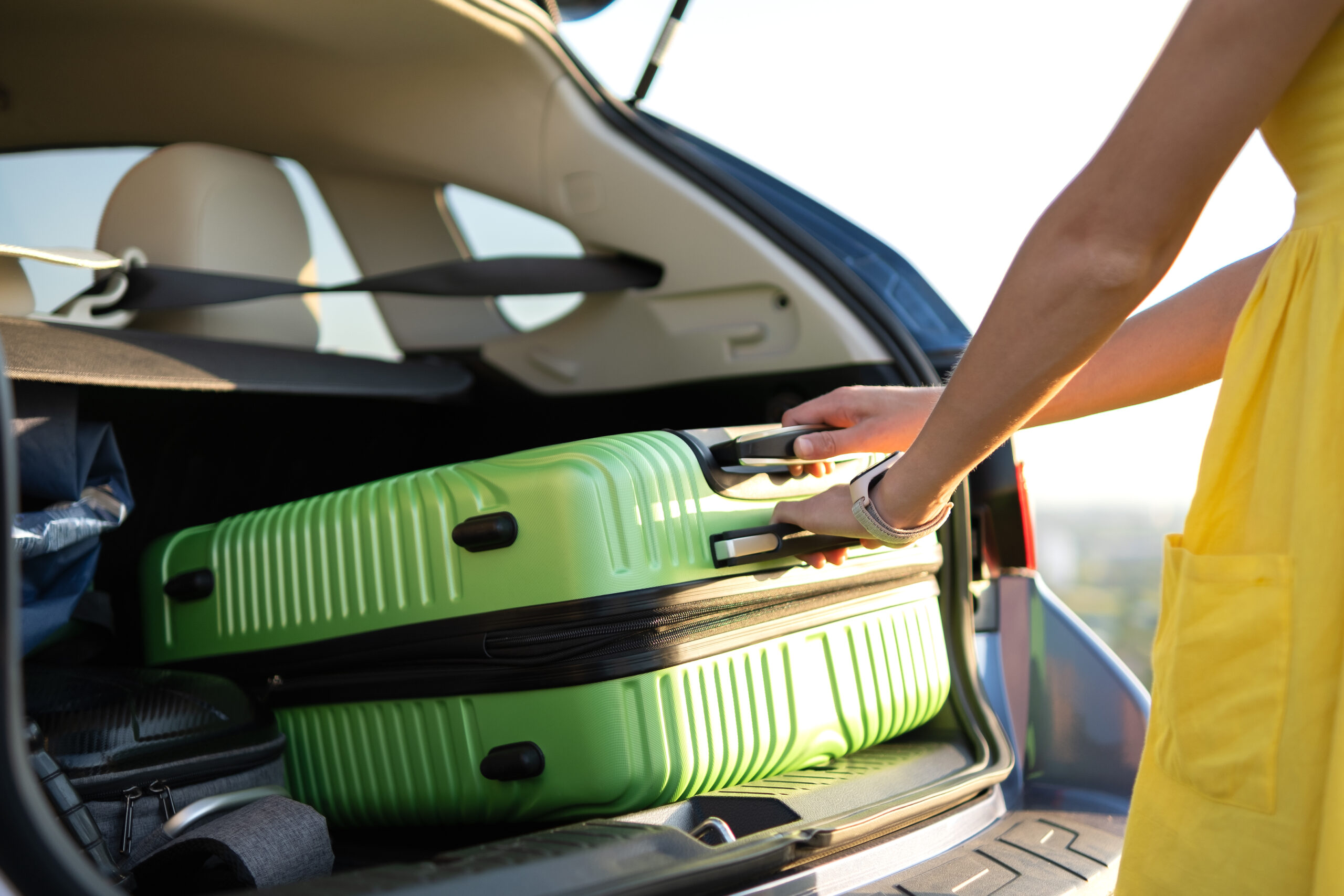What Happens if Luggage Injures Me in a Car Accident?
Posted in Accident & Injury, Automobile, Car Accident, Health & Wellness, Truck Accident on June 21, 2024

Let’s consider this scenario: say a group of four people is traveling in a midsize car. The trunk is packed with luggage, but they need extra space, so a small makeup kit is placed on the back window shelf. During their trip, they get rear-ended by a truck. Due to the collision, the makeup kit flies forward and hits one of the passengers in the rear seat, causing a skull fracture.
The passenger, who is not the owner of the vehicle, was injured due to the makeup kit that the owner had placed on the back window. The key question in this case is whether the owner of the vehicle holds any legal responsibility for the unsecured baggage. This is the main legal issue at hand, and it’s a responsibility that must be taken seriously.
As a general rule, vehicle owners are responsible for the safety of their passengers. This includes making sure everyone wears their seatbelts and arrives safely at their destination. Therefore, the vehicle owner should have secured the makeup kit before the journey began.
The vehicle owner argues that the vehicle and, ultimately, the makeup kit would never have injured the plaintiff without the rear-end collision. The owner of the vehicle believes that most of the responsibility remains with the truck driver who hit them from behind.
Seemingly harmless items can influence legal cases, and even small details can have a big impact. Many of us have been in situations where there’s not enough space in the car for everyone’s belongings.
This case is a reminder of how a seemingly harmless piece of luggage can significantly change the outcome of a personal injury case.
In this scenario, both the truck driver and the vehicle owner are at fault. The truck driver bears the primary responsibility for causing the collision. Meanwhile, the vehicle owner shares partial responsibility for the passenger’s injury due to their failure to secure the makeup kit. The specific allocation of fault would be determined by a court or through settlement negotiations, taking into account all the relevant facts and circumstances.